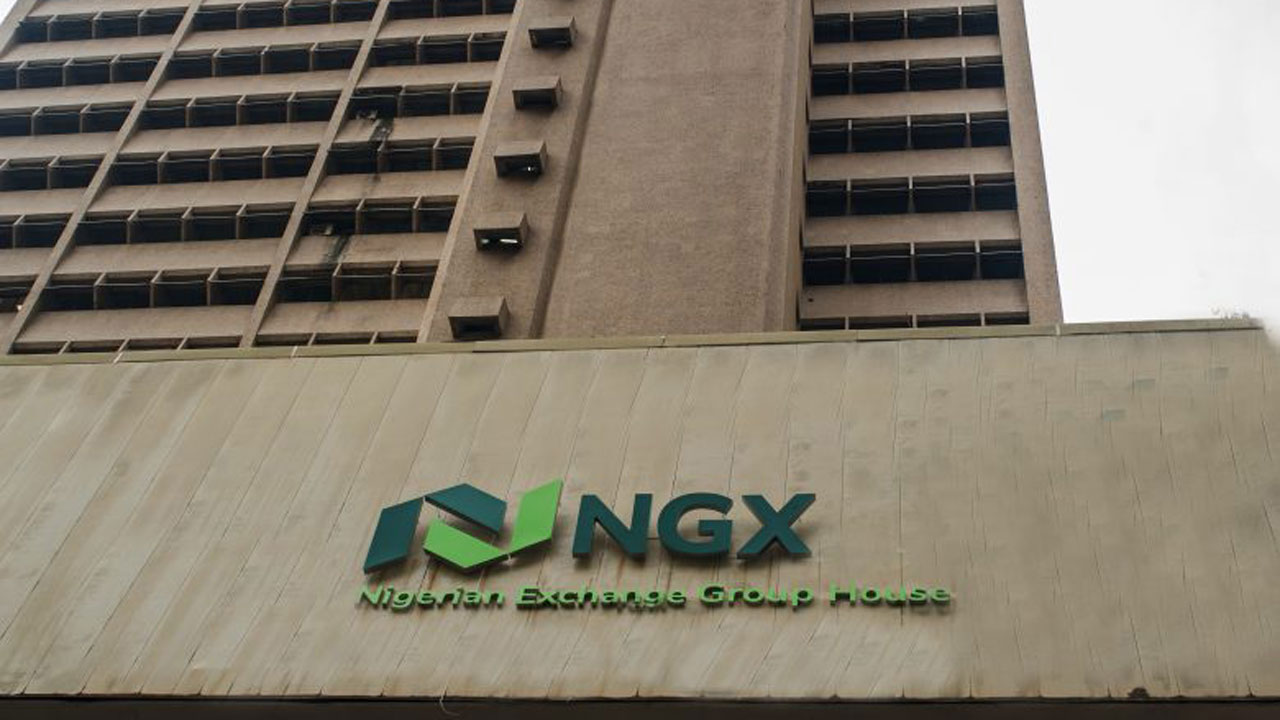The U.S dollar on Thursday, February 9, firmed up against its Japanese counterpart in particular, as nervousness before Japanese Prime Minister Shinzo Abe’s Friday meeting with U.S. President Donald Trump in Washington kept a lid on the yen’s strength.
Many investors are closely watching the U.S.-Japan summit especially after Trump unnerved Tokyo officials by accusing Japan of unfairly influencing financial markets and the yen to help its exporters beat U.S. companies.
The WSJ Dollar Index BUXX, +0.08% , a measure of the U.S. dollar against a basket of major currencies, was up 0.1% at 90.68. The ICE U.S. Dollar Index DXY, +0.14% , which narrows that basket to six currencies, was up 0.1% at 100.30.
Investors are cautious about buying the dollar due to uncertain fiscal policy in the U.S. and signs that wages there aren’t rising as fast as many had expected, said Marito Ueda, director at FX Prime by GMO.
Against its Japanese counterpart, the U.S. dollar USDJPY, +0.32% was changing hands at ¥112.43 after falling to ¥111.70 in Asia trading. That compared with ¥111.94 late Wednesday in New York.
The euro EURUSD, -0.1215% was little changed at $1.0677 from $1.0698 late Wednesday.
Investors are said to be shying away from aggressively buying the euro given potential political risks related to the French presidential election. “That makes investors inevitable to buy the yen,” said Ueda.
The dollar has been hovering in the ¥111 and ¥112 range recently, but is “unlikely to fall to ¥110 unless [there’s] clear and convincing signs of risk-off incentives,” said Nomura Securities chief FX strategist Yunosuke Ikeda, Marketwatchreports









